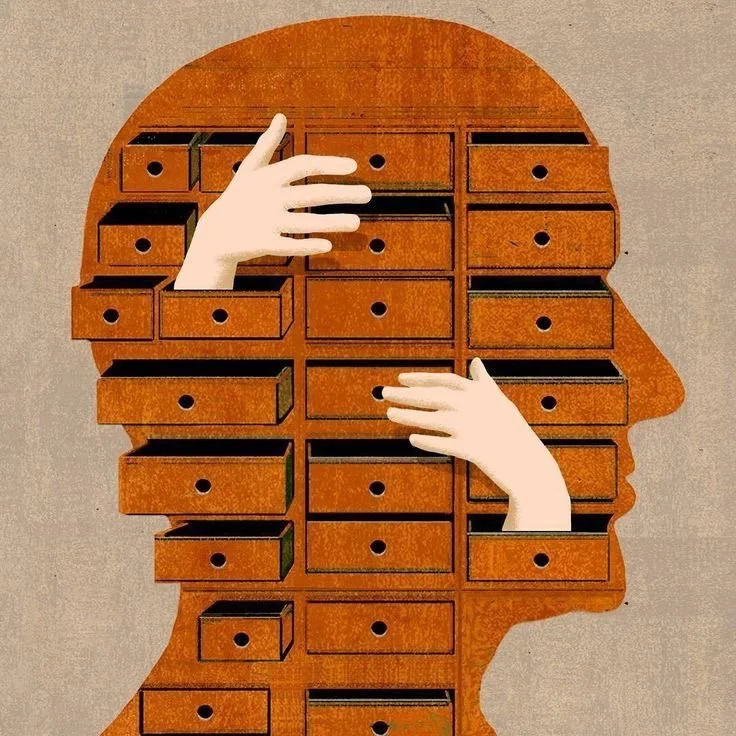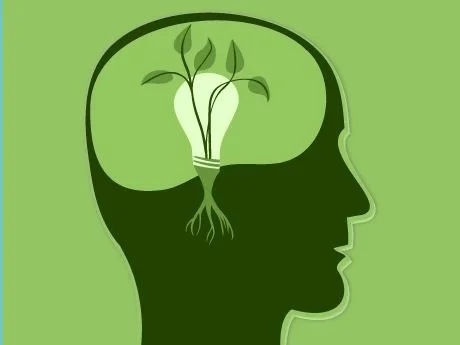When Good Things Make Us Anxious: Learning to Receive Joy Without Fear
Maybe the truth is, joy has always been a little scary - because it reminds us how much we have to lose. But it also reminds us how much we’ve gained, how far we’ve come, and how capable we are of holding both happiness and uncertainty together.
So the next time you find yourself hesitating to share something good, pause and whisper:
“It’s okay to be happy. It’s safe to feel joy. It’s safe to be seen in my light.”
You don’t have to shrink your happiness to stay safe. The world doesn’t need less of your light - it needs more people who aren’t afraid to shine, even gently.
Living Under Pressure: Understanding the Fear of Not Doing Well in Life
Feeling afraid of not doing well doesn’t mean you’re failing. It means you’re human. It means you care about your life and your place in it.
The work isn’t to silence that fear completely - it’s to soften its grip, to remind yourself that your worth is not defined by constant achievement, and to create space for living rather than just striving.
Because in the end, “doing well” is less about ticking every box, and more about moving through life with honesty, intention, and self-compassion.
Why Change Feels So Hard: The Psychology Behind Resistance
Change feels hard because it is hard. It asks us to challenge biology, confront fear, grieve what we’re leaving behind, and step into uncertainty. That’s a tall order for anyone.
But here’s the truth worth holding onto: resistance is not a stop sign. It’s a signal. It means you are on the edge of growth. It means you are reaching beyond what is easy and familiar toward something more aligned, more honest, more you.
And maybe that’s the most hopeful part of all: change isn’t about becoming someone else. It’s about slowly peeling away what no longer fits, so you can live closer to the person you’ve always been.
So the next time resistance shows up, instead of asking “Why is this so hard?” - try asking, “What is this trying to teach me about where I’m going?”
Because within that discomfort lies the doorway to transformation.
The Power of a Growth Mindset, And How to Truly Embrace Challenges
A growth mindset doesn’t erase fear or make challenges easy. It simply shifts the meaning you give them.
Every obstacle becomes a classroom. Every mistake becomes data.
And every challenge becomes a stepping stone, not a stumbling block.
If you can hold onto this truth - that you are always a work in progress, and that progress is worth the discomfort - then you’ll find that the very moments that once scared you are the ones that shape you most.
Fear: The Quiet Force That Shapes Us, and How to Live Beyond It
We like to think of fear as something we feel only in moments of danger. But often, and silently, fear lives in the everyday - in our relationships, our work, our hopes for the future. It’s in the hesitation before we say how we really feel. It’s in the decision we avoid making because we’re afraid of what it might set in motion. It’s in the way we hold on too tightly to people or roles because we can’t imagine life without them.






